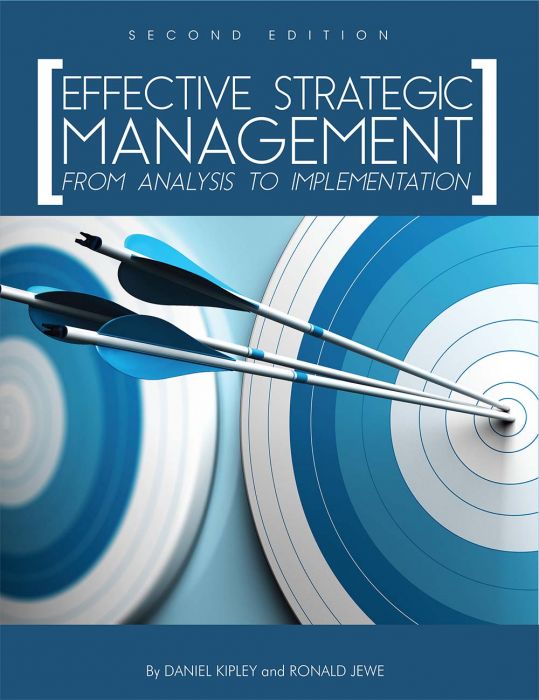The Puzzle of HlysIery Hill
Catagory: History
Author:Brian HaughLon
Posted Date:04/04/2025
Posted By:utopia online
Mystery Hill, or America's Stonehenge, as it has become known, is situated in North Salem, New Hampshire, about 40 miles north of Boston. This enigmatic megalithic complex is scattered over roughly 30 acres and consists of a disordered mix of standing stones, stone walls, and underground chambers. Mystery Hill is not an isolated site, but one of hundreds of areas of unusual stone arrangements and underground chambers in North America, many of which are in New England.
Examples from Massachusetts include the Upton Chamber,stone-lined tunnels in Goshen, and a beehive-style stone chamber in Petersham.
There are also stone chambers and walls at Gungywamp in Groton, Connecticut, and a large stone chamber in South Woodstock, Vermont. The exact functions of some of these unusual buildings are unknown, but many people have speculated that they were built by prehistoric European settlers for ceremonial meetings and astronomical events. The recent history of Mystery Hill began with Jonathan Pattee, a farmer who lived on the site from 1826 to 1848. There are various accounts of Pattee,including suggestions that he ran an illicit alcoholic still on the site.
A more supportable story is that he and his son Seth were abolitionists, who operated a way station on the underground railroad that helped slaves escape from the South. In fact, there is some evidence for this in the form of shackles discovered on the site, which are now displayed in the America's Stonehenge Visitor's Center. During the next 50 years, quarrymen bought and removed a large portion of the stone structures at Mystery Hill. It is thought that most of the stones were taken to the town of Lawrence, Massachusetts, to be used in the construction of the Lawrence Dam and for street curbing. In 1937, William Goodwin, an insurance agent, bought the Mystery Hill site, and during his excavations made many structural changes to reinforce his theory that Irish monks had once lived there. Consequently, the site's history is now extremely confused. In 1950, Mystery Hill was leased by Robert Stone, who purchased the property in 1956.
He began restoration, study, and preservation of the area around Mystery Hill, and in 1958 built a visitors center and opened the site to the public. Christened America's Stonehenge, it is now a major tourist attraction.
One of the most enigmatic features of Mystery Hill is a large, 4.5 ton flat stone slab, approximately 9 feet long and 6 feet wide, resting on four stone legs, similar to an enormous table. There is a deep groove running around the edge of this structure, leading to a spout, which has persuaded some to
label it the Sacrificial Stone. According to one popular theory, the groove around the edge of the stone allowed the draining of blood from the sacrificed victims into libation bowls. Unfortunately, this Sacrificial Stone shows marked similarities to another large stone in the Farmer's Museum in western
Massachusetts.
But rather than being connected with any lurid sacrificial rites,this object was used in the process of soap making, and is in fact known as a lyeleaching stone. It is a relatively common find around New England colonial farm
sites.Another feature of the Mystery Hill complex is the many inscribed stones that have been found on the site over the years. The late Dr. Barry Fell, a professor of biology at Harvard University, did extensive work on the inscriptions at Mystery Hill, and many other sites in North America, many of which he claimed (in his 1976 book America B.C.), were Ogham (ancient Irish), Phoenician, and Iberian Punic scripts. The inscriptions, the astronomical alignments, and the megalithic style of architecture have led many to believe that Mystery Hill functioned as a prehistoric ceremonial center built by European immigrants. They conjecture that Phoenicians (a seafaring culture from modern day Syria and Lebanon, at
their height c. 1200-800 B.c.) were in America at least 2,500 years ago, trading with the Celtic (western European tribes prevalent from the eighth to the first centures B.C.) community already living at Mystery Hill.
These are indeed extraordinary claims; the question is whether there is any extraordinary evidence to back them up. In the first place, Fell's book has been widely discredited by archaeologists and linguists.
The photos in America B.C. of the Ogham and Punic inscriptions are particularly unconvincing. The majority of the lines and scratches, identified by Fell as ancient scripts, appear to be completely random, and more believable explanations would be haphazard scrapes left by a plough; relatively modern graffiti; the results of farmers' quarrying methods; or merely the natural lines, fissures, and cracks found on most rocks. A reexamination of these stones by archaeologists and epigraphers would be needed to test the claims of Fell more fully. Unfortunately, as some of the inscribed stones from Mystery Hill have been taken from the site and "put away for safe keeping" their original context is now lost, making the task of accurate identification and dating even more difficult. If one takes a closer look at archaeological evidence from Mystery Hill, it becomes clear that it does not support the theory that the site was an ancient temple complex, occupied by the Celts and visited by the Phoenicians. The lack of dateable pre-colonial artifacts found in context at the site is a major problem
for its prehistoric European origins. Excavations conducted by Gary S. Vescelius in 1955 recovered 8,000 artifacts, all of which suggested late18th century occupation of the site.
An important fact noted by Vescelius was that many of these 18th century artifacts were found in situ underneath and inside stone walls in the Y-cavern, proving that this structure must postdate the objects. In fact, to date, there has not been a single Phoenician or Celtic object found in an archaeological context anywhere in North America. These Celts and Phoenicians who were supposedly in America carving inscriptions did not leave any other trace of their presence, not even a single pottery shard to prove their existence.Much of the seemingly unexplained stone work at Mystery Hill and elsewhere in
New England can be attributed to the work of 18th and 19th century farmers in the form of walled field boundaries, walled building foundations, and stone
storage structures. Some of the remaining structures may have an origin with the local Native American population, as noted by Edwin C. Ballard in his research into the U-shaped stone structures of the area.


.jpg)














 👁 :260
👁 :260
 👁 :535
👁 :535
 👁 :119
👁 :119
 👁 :89
👁 :89
 👁 :113
👁 :113
 👁 :257
👁 :257
0.jpg) 👁 :157
👁 :157
 👁 :162
👁 :162